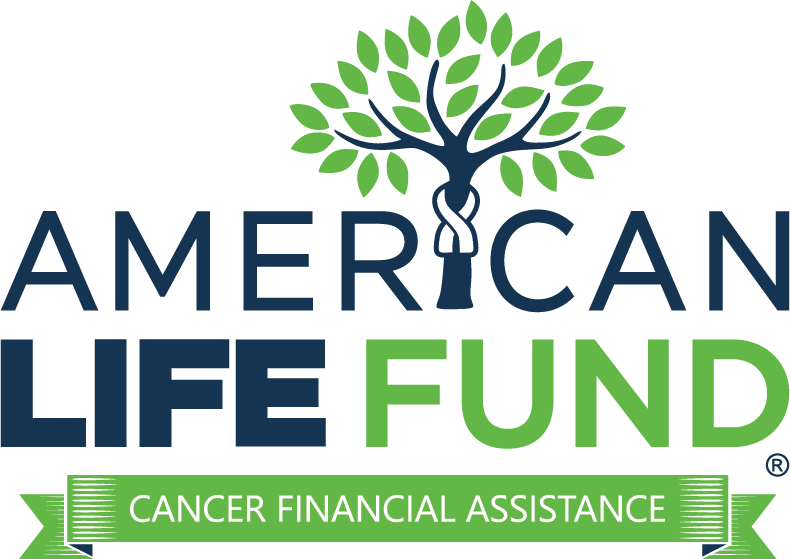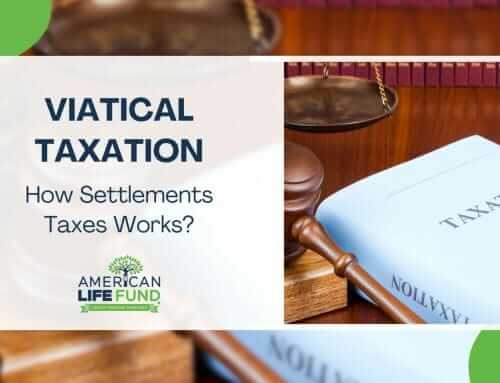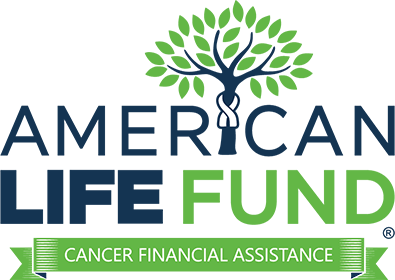If you have a term life insurance policy you don’t need anymore or if you’re in need of quick cash, selling your policy could be a good choice. This sale, called a life settlement, lets you sell your policy to someone else for a lump sum that’s usually more than what you’d get if you just canceled it, but less than the full death benefit. This way, you get cash when you need it, instead of waiting for the policy to payout after you pass away.
For those with serious health issues, a viatical settlement might be even better because the money you get is tax-free and can greatly help during tough times. Selling your policy means you stop paying premiums and immediately get money that you can use for anything like medical bills, paying off debt, or improving your life.
It’s a big decision, so it’s wise to think it over carefully and talk to a financial advisor to make sure it makes sense for your financial situation. If you’re considering selling your term life insurance, knowing your options and their effects can help you make a confident decision that brings you peace of mind and financial security.
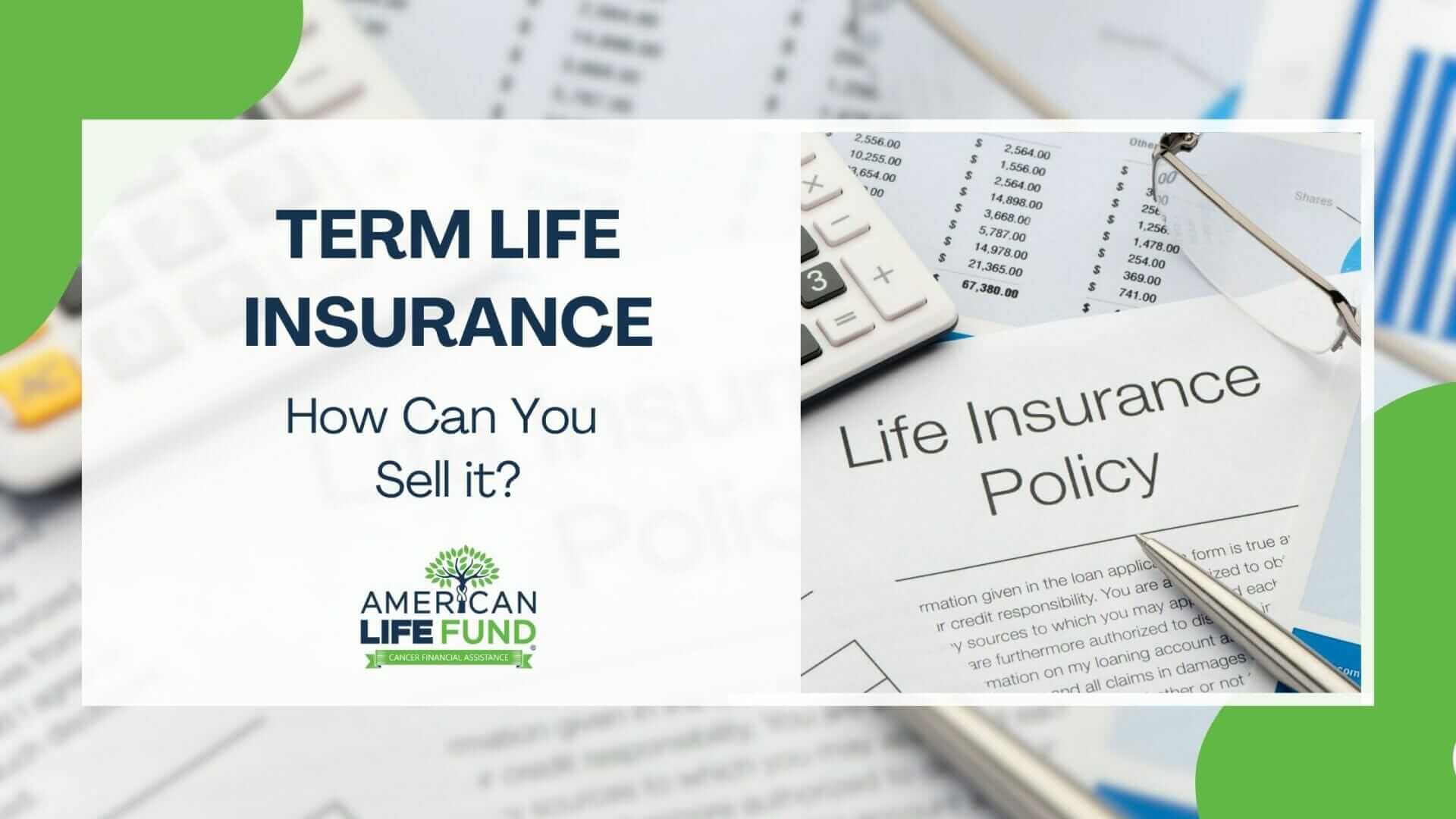
What is Life Insurance?
In its simplest form, life insurance is a contract between you and an insurance company. You pay premiums, and the insurer agrees to pay a certain amount if you die during the policy term. Life insurance policies provide financial security for your loved ones in the event of your death.
What is Term Life Insurance?
First, we need to know what term life insurance is to understand better the possibility of selling it. Term life insurance is a type of insurance that provides coverage for a specific period, usually between 5 and 30 years. The death benefit pays out if you die during the policy term. If you don’t die during that time, the policy expires, and you are no longer covered.
A term life insurance policy may help you protect your family in the event of your death, providing a specific sum assured to your dependents so that they can maintain their usual lifestyle or pay off existing obligations without jeopardizing their financial stability.
Term vs. Permanent Life Insurance Policies
Most people are familiar with term life insurance, which provides coverage for a set period. One of the cons of term life insurance is that the policyholder is no longer covered once the term expires. Permanent life insurance policies, on the other hand, provide lifelong coverage. This type of policy also has an investment component, known as the cash value, which grows over time. Policyholders can borrow against the cash value or even the surrender value of the policy for its cash value.
Permanent life insurance tends to be more expensive than term life insurance because of the investment component. However, it can be a good option for people who want to ensure that their loved ones will be taken care of financially after they die. It can also be a good way to build up a cash value that can be used later in life.
Types of Term Life Insurance
There are three types of term life insurance.
Renewable Term Life Insurance
Renewable term life insurance is a type of term life insurance policy that can be renewed at the end of the term without undergoing another medical exam. This type of policy is often preferred by those looking for long-term coverage but don’t want to worry about their health status changing during the term of the policy.
Renewable term life insurance can be a great way to get the coverage you need while protecting your finances in the long run. One of the main benefits of renewable term life insurance is that it can provide peace of mind knowing that you’re covered no matter what happens in the future. However, it’s important to remember that premiums will typically increase at each renewal, so it’s important to shop around and compare policies before choosing one.
Decreasing Term Life Insurance
As people age, their insurance needs to change. When they’re young, they need insurance to protect themselves against the risk of early death. But as they age, that risk decreases, and term life insurance becomes less important. Many people decrease their term life insurance coverage to save money.
Decreasing term life insurance is a policy where the death benefit decreases over time while the premiums stay the same. The most common way to decrease term life insurance is to lower the death benefit by a fixed percentage each year.
For example, a policy with a $100,000 death benefit might decrease by 5% each year so that after 20 years, the death benefit would be worth $50,000. While this might seem like a good way to save money on life insurance, it’s important to remember that the purpose of life insurance is to replace your income if you die. So if you have dependents who rely on your income, decreasing term life insurance might not be the best option.
Convertible Term Life Insurance
This is a type of term life insurance that gives policyholders the option to convert their policy to a permanent life insurance policy. This can be done without having to go through underwriting, which means that your health status does not need to be re-evaluated. This might be a fantastic choice for individuals who want the freedom to change their term life insurance to a permanent policy anytime. It can also be a good way to keep your life insurance coverage in place if your health status changes and you can no longer qualify for a term life insurance policy.

Is it Possible to Sell my Term Life Insurance Policy?
Yes, you can transform your term life insurance into a life settlement. Life and viatical settlements are the two ways in which you can sell a life insurance policy. A life settlement occurs when you sell a life insurance policy to a third party for more than the cash value but less than the death benefit. This is typically reserved for healthy, senior-aged individuals. When you die, the company that buys the life insurance policy from you gets the death benefit.
A viatical settlement is different from a life settlement because the insured in a life settlement is generally a healthy, senior-aged individual. To sell your life insurance policy with a viatical settlement, the individual must have a life-threatening or terminal illness and there is no minimum age requirement.
Term Life Insurance Cash Value
Term life insurance is different from permanent life insurance in several aspects, one of which is the lack of a cash value component. Unlike permanent policies, which build up cash value over time that can be borrowed against or withdrawn, term life insurance provides coverage only for a specified period and does not accumulate any cash value. This is important to understand because it directly influences the options available to policyholders.
Since term life insurance does not have a cash value, policyholders cannot access cash value from the policy before it expires, unlike with permanent life insurance. This lack of a cash value reduces the immediate financial benefits of holding the policy beyond its protection.
The Solution:
Selling a term life insurance policy, a process known as a life settlement can offer a solution for those looking to get some value from their policy. In a life settlement, a third party buys the policy for more than its cash surrender value but less than its death benefit, providing the original policyholder with a lump sum cash payment.
This option is particularly relevant for those who may no longer need the coverage or are seeking immediate financial relief, although it’s important to consider the implications and consult with a financial advisor before making such a decision.
Why Would I Want to Sell My Policy?
There are a few reasons why you might want to sell your term life insurance policy. Maybe you no longer need the coverage because your children are grown, or you have paid off your mortgage. Perhaps you are facing financial difficulties and need the money from the sale of your policy to pay bills. Or, you may want to cash in on your policy while you are still alive.
A life settlement company can provide you with a lump sum of cash that you can use for any purpose. You can use the money from the sale of your policy to pay off debt, cover medical expenses, or fund your retirement.
You will receive a lump-sum payment in exchange for your life insurance policy. Other options include:
- Allowing the policy to lapse.
- Returning it to the insurance company.
- Converting it to whole-life insurance.
Be sure to consider the cost of replacement coverage and the value of the death benefit when deciding whether or not to sell your life insurance policy.
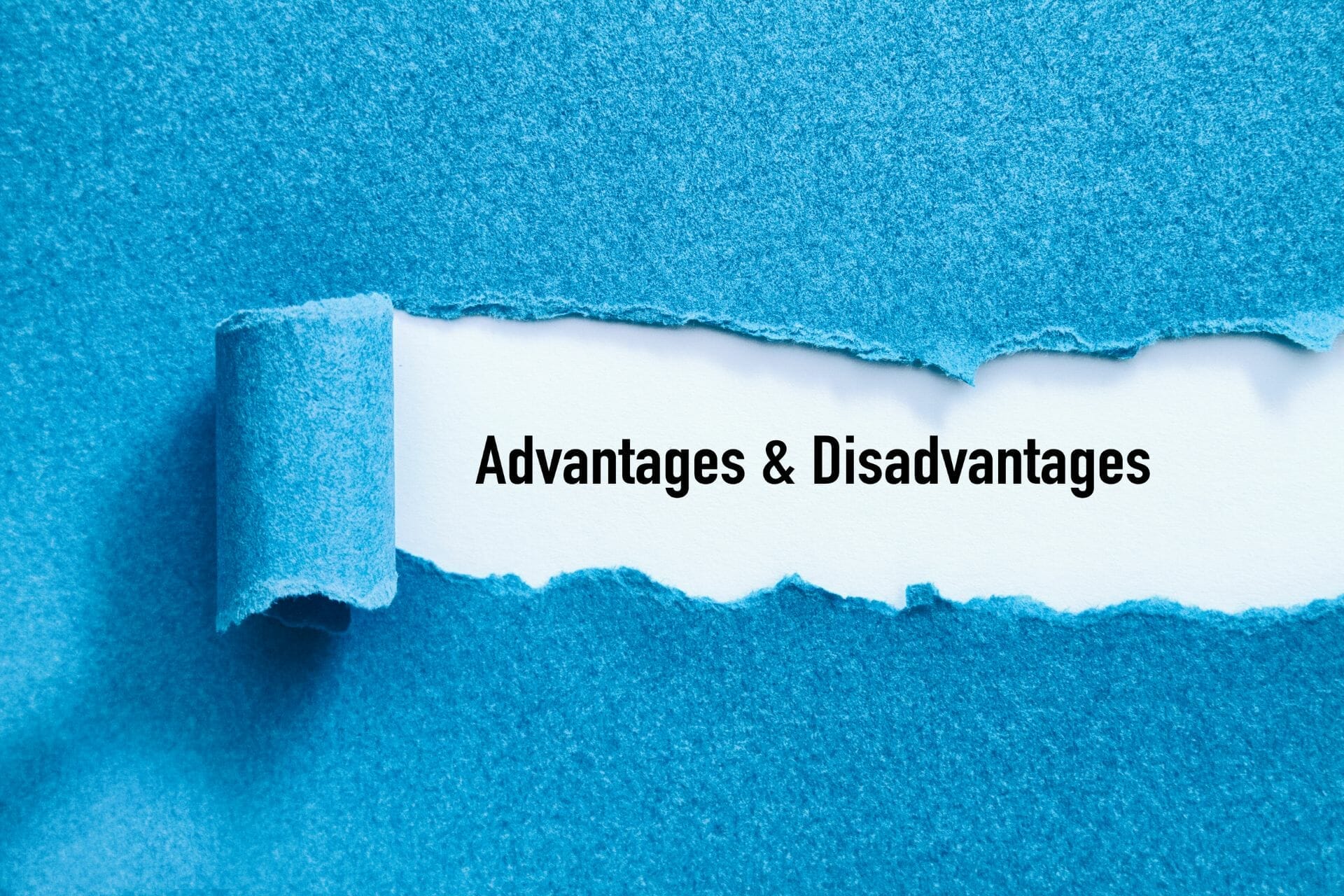
Advantages And Disadvantages of Selling a Term Life Insurance Policy
Before deciding, it is important to understand the pros and cons of selling your term life insurance policy.
Advantages of Selling a Term Life Insurance Policy
- You get a lump sum of cash that you can use for any purpose.
- Selling your policy may be less expensive than continuing to pay premiums.
- You are no longer responsible for paying premiums or maintaining the policy.
Disadvantages of Selling a Term Life Insurance Policy
- Your family will not receive the death benefit if you die after selling the policy.
- You may have to pay taxes on the proceeds from the sale of your policy.
- Selling life insurance policies is a permanent decision; you cannot change your mind after the sale is complete.
How to Sell My Term Life Insurance?
Life insurance claims are “life settlements.” Life settlements are governed by state legislation, so the first step is to verify your state’s regulations. You will also need to find a reputable life settlement provider.
Once you have found a life settlement provider, you must provide information about yourself and your policy. The life settlement provider will then make an offer based on your information. If you accept the offer, you will sign a contract and receive the lump-sum payment.
How Long Does it Take to Sell a Life Insurance Policy?
The process of selling a life insurance policy can take several weeks. Once you have found a life settlement provider and provided information about yourself and your policy, the life settlement provider will make an offer. If you accept the offer, you will sign a contract and receive the lump-sum payment.
What Are My Rights When Selling My Term Life Insurance Policy?
State laws regulate life settlements, so it is important to understand your state’s laws before entering into a contract. You should also shop around and compare offers from different life settlement providers.
Working with a reputable life settlement provider is important if you are considering selling your term life insurance policy. It would help if you kept a few things in mind before entering a contract.
- Make sure you understand the terms of the contract and that you are comfortable with them.
- Be sure to shop around and compare offers from different life settlement companies.
- Keep in mind that selling your policy will end your coverage, so be certain that you no longer need or want the coverage before proceeding.
See this page for a list of the top life settlement blogs.
Legal and regulatory considerations are crucial when considering selling a life insurance policy.
Life settlement regulations can differ greatly from one state to another, so policyholders need to be familiar with these rules before proceeding with the sale of their policy. Additionally, policyholders should consult with a legal or financial advisor to ensure they fully understand the implications of a life settlement and to ensure that all transactions comply with federal and state laws. This can help avoid any legal issues and ensure that the policy sale is conducted properly and beneficially.

Frequently Asked Questions
Can you sell a term life insurance policy?
Yes, you can sell a term life insurance policy through a process known as a life settlement. However, there are specific conditions that must be met for the sale to be possible. Typically, life settlements are more common for individuals who are over a certain age, often 75 or older, or those who have been diagnosed with a serious illness, with no age minimum. . The policy must also have a certain face value, often $150,000 or more, to be considered for a life settlement.
What Are The Alternatives to Selling Your Life Insurance?
You have a few options if you no longer need your term life insurance policy. You can let the policy lapse, which means you will stop paying premiums, and the coverage will end. You can also return the policy to the insurance company for its cash value. Or, you can convert the policy to whole life insurance, a type of permanent life insurance. Whole life insurance policies do not expire and usually have higher premiums than term life insurance.
Can I Get My Money Back From The Term Life Insurance Policy?
While it is possible to do a term life insurance cancellation and receive a refund of the premiums paid, it is important to understand that this is not the same as getting your money back from the policy. The death benefit paid out by a term life insurance policy is tax-free, meaning the beneficiaries will not have to pay taxes on the money they receive.
However, the premiums paid into the policy are not tax-deductible, which means that the policyholder will not be able to get their money back in the form of a tax refund. In addition, if the policyholder dies before the end of the term, the beneficiaries will not receive anything beyond the death benefit. For these reasons, purchasing a term life insurance policy is generally not advisable if you wish to get your money back.
Can I Cancel my Term Life Insurance at Any Time?
Term life insurance is a type of insurance that provides coverage for a set period, typically 10, 20, or 30 years. After the term expires, the policyholder can either renew the policy for another term or cancel it. Most term life insurance policies have a clause that allows the policyholder to cancel the policy at any time without penalty.
When deciding whether to cancel a term life insurance policy, it is important to consider the cost of replacement coverage and the value of the death benefit. If the death benefit is no longer needed or can obtain replacement coverage at a lower cost, canceling the policy may be the best option. However, some policies may charge a small fee if the policy is canceled within the first few years.
Is a Term Life Insurance Policy Worth Anything?
A term life insurance policy is only worth anything if the policyholder dies during the term. If the policyholder outlives the term, the policy expires and is no longer worth anything. For this reason, term life insurance is often called “death insurance.”
What Happens if I Stop Paying my Term Life Insurance?
The policy will lapse if you stop paying term life insurance premiums, and you will no longer be insured. This means that if you were to die after your policy lapsed, your family would not receive any death benefit from the policy. As a result, it’s important to ensure that you keep up with your term life insurance payments to keep your coverage in force.
What Happens After 20-year Term Life Insurance?
Term life insurance has one major downside: it only provides coverage for a set period. After your term life insurance expires, you can purchase a new policy. This ensures you are still protected in the event of an unexpected death. However, it is important to remember that your premiums will likely increase at this point, as you will be considered a higher risk.
Some people may also choose to convert their term life insurance into a permanent policy, such as whole life insurance. It is important to ensure that you are still protected after your term life insurance expires.
At What Age Does Term Life Insurance End?
After the term expires, the policyholder can either renew it or let it lapse. The premium amount is usually fixed, so it does not increase as the policyholder ages. The death benefit decreases over time as the policy approaches its expiration date.
As a result, term life insurance is most appropriate for young people who need coverage for a specific goal, such as raising children or paying off a mortgage. For people who want lifelong protection, whole life or universal life insurance may be a better option.
How Much Can I Earn From Selling my Life Insurance Policy?
The amount you can earn from selling your policy will depend on your policy type and the current market value. Term life insurance policies are usually worth a percentage of their face value, but never the face value or more.
What Are the Tax Implications of Selling My Life Insurance Policy?
When you sell your life insurance policy in a life settlement, the cash you receive may be subject to taxes. The taxation of life settlements can be complex and depends on the amount you receive concerning your premiums paid and the policy’s cash surrender value. Generally, part of the settlement might be tax-free, part may be taxed as ordinary income, and part may be taxed as capital gains. It is important to consult with a tax advisor to understand the specific tax implications of selling your life insurance policy.
Can Anyone Sell Their Life Insurance Policy?
Not everyone can sell their life insurance policy. Generally, to be eligible for a life settlement, you must be over a certain age (usually 75) or have had a significant change in health since the policy was issued.
The policy must have a minimum face value (typically $150,000 or more). Life settlement providers also consider other factors, such as the policy type and premium costs. If you are considering selling your policy, it’s best to consult with a life settlement broker or provider to determine if you qualify.
What Should I Consider Before Selling My Term Life Insurance Policy?
Before selling your term life insurance policy, assess whether the immediate cash from a life settlement outweighs the potential death benefit for your beneficiaries. It’s crucial to discuss your situation with financial and legal advisors to ensure that selling your policy aligns with your overall financial planning goals.
In Conclusion
Selling your term life insurance policy is a personal decision that should not be taken lightly. There are a few things to consider before making a decision, such as the market value of your policy and the needs of your loved ones and yourself. It has never been easier selling your term life insurance online than with American Life Fund!
If you are thinking of selling your term life insurance policy, please contact American Life Fund today to learn about a viatical settlement. When it comes to receiving cash to pay off various expenditures like medical bills, future cancer treatments, and living expenses, your existing insurance policy may be the key.
More Reading
